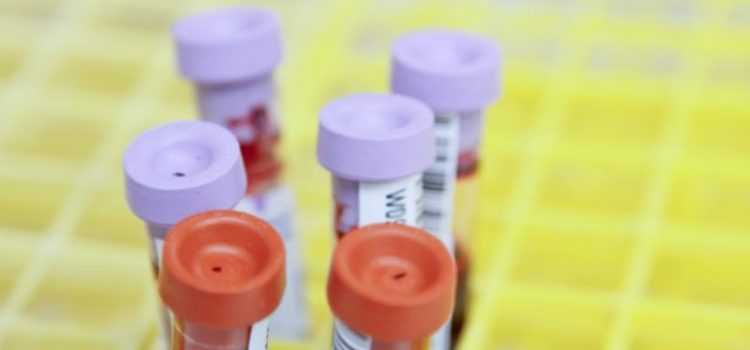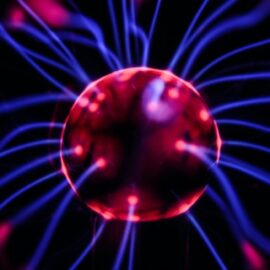

This article is an excerpt from the Shortform book guide to "The Emperor of All Maladies" by Siddhartha Mukherjee. Shortform has the world's best summaries and analyses of books you should be reading.
Like this article? Sign up for a free trial here .
Is it possible to mount a targeted attack on cancer cells, as opposed to killing cells indiscriminately? How do targeted cancer treatments work?
As scientists learn more about the biology underlying cancer, they become more adept at designing treatments that can target specific genes and proteins that are implicated in the growth and survival of cancer cells. The development of targeted cancer therapies—drugs that target only malignant cells—was one of the major breakthroughs in cancer research.
Keep reading to learn about the arrival of targeted cancer treatments.
Targeted Cancer Therapies
Traditional cancer treatments (chemotherapy, radiation, and drugs) don’t discriminate between diseased cells and healthy ones. Furthermore, the more potent are the treatments (drug cocktails are significantly more effective than individual drugs), the more deadly they are to both types of cells.
| How Does Chemotherapy Work? Chemotherapy is a cornerstone of cancer treatment even today. But given that chemotherapy can’t distinguish between diseased cells and healthy ones, it would be reasonable to ask how it can cure cancer without killing the patient as well. In simple terms, it works because cancer cells grow and divide so rapidly—chemotherapy targets cells at particular stages of their life cycles, and the cancerous cells go through those cycles much more quickly than (most) healthy cells. Therefore, the diseased cells die off sooner than the healthy ones. Incidentally, this also explains many of chemotherapy’s side effects. Cells that normally reproduce quickly also die off, such as white blood cells (leading to immunosuppression) and intestinal cells (leading to nausea and digestive problems). |
In 1998, researchers made a major breakthrough in treating cancer when they developed two cancer antibodies—drugs designed to specifically target cancer cells—that sent patients into remission during clinical trials. These two drugs show that it is possible to treat cancer by targeting key genes and proteins that the disease relies on to survive. In the decade following these trials, the National Cancer Institute listed 24 drugs similar to those two as targeted cancer treatments that work by pinpointing a particular type of cell, as opposed to killing cells indiscriminately.
How Antibody Drugs Work
Cancer cells often hide from the immune system or, worse, manipulate it into protecting the tumor rather than destroying it. Antibody drugs are lab-grown immune system cells designed to help the immune system fight cancerous cells.
The Mayo Clinic explains that different antibody drugs have various effects, including:
– Marking cancer cells for destruction. Some antibody drugs act like flags, helping the immune system “see” the cancer cells they bind to.
– Delivering other treatments. Some antibodies can carry other treatments like chemotherapy or radiation therapy. They deliver those treatments directly to the cancerous cells, which helps to preserve healthy cells and minimize side effects of the treatment.
– Preventing cell growth. Certain antibody drugs block cancer cells from interacting with proteins that they need to continue growing, or they stop blood vessels from growing through the tumor to provide it with nutrients.
– Destroying cancer cells directly. Some types of antibody drugs cause deadly reactions inside the cells they bind to.

———End of Preview———
Like what you just read? Read the rest of the world's best book summary and analysis of Siddhartha Mukherjee's "The Emperor of All Maladies" at Shortform .
Here's what you'll find in our full The Emperor of All Maladies summary :
- An overview and rough timeline of the fight against cancer
- A look into the more technical aspects of cancer and cancer treatment
- The social aspects of the fight against cancer






